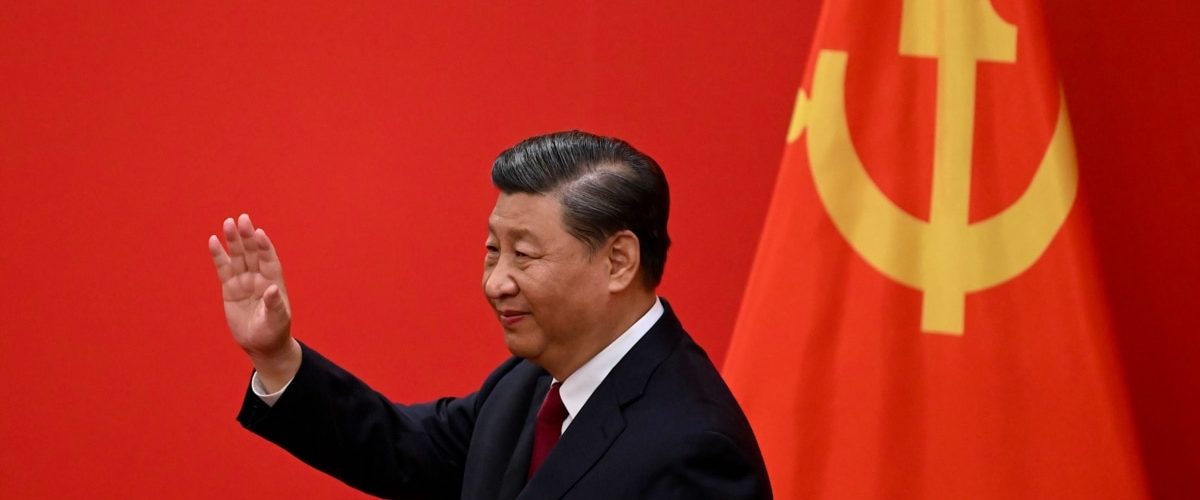Listen and follow Talking China In Eurasia
Apple Podcasts | Spotify | Google | YouTube
Slow growth and falling foreign investment have helped bring the fast-paced boom years of the 1990s and 2000s to an end in China, posing a major challenge to Chinese leader Xi Jinping.
While it marks a significant turnaround for the country, this moment didn’t happen overnight and it has its roots in an unlikely spot: China’s complicated relationship with the Soviet Union.
But what do the fall of the Soviet Union and China’s slowing economy have in common? The answer is more than you might think.
For decades, China’s leaders focused on opening markets and growing the economy. But Xi has put ideological commitment, national security, and Communist Party control at the center of Chinese policy amid fears that slipping political control — like in the later years of the U.S.S.R. — could usher in an era of instability.
While this has allowed Xi to silence and eliminate his critics, many economists say it kneecapped the private sector that propelled China’s extraordinary growth over the last 30 years.
On the latest episode of Talking China In Eurasia, host Reid Standish is joined by Tufts University’s Chris Miller, the National Bureau for Asian Research’s Nadege Rolland, and the Atlantic Council’s Niva Yau to explore why the lessons Xi learned from the collapse of the Soviet Union are influencing how he rules the country today.
Listen to the full episode here:
Background Reading:


















